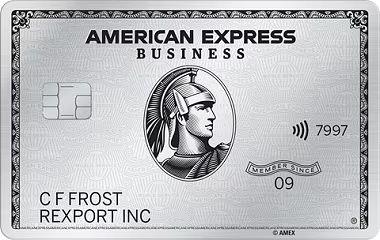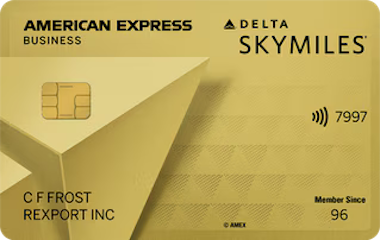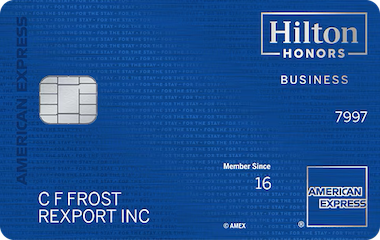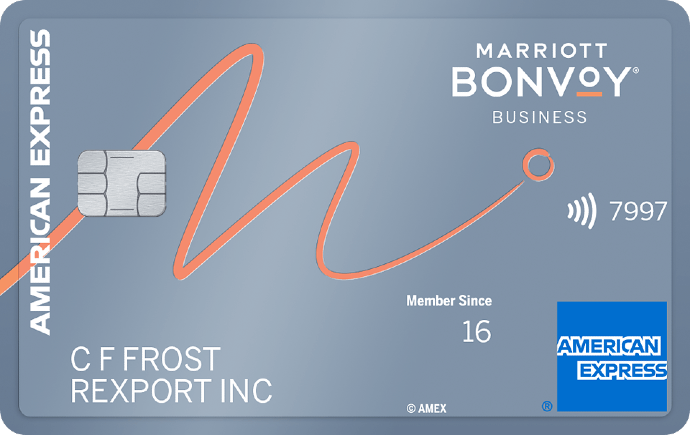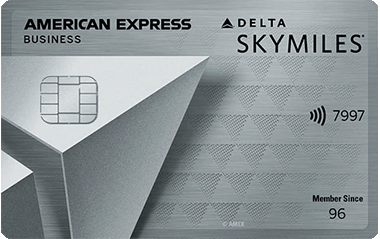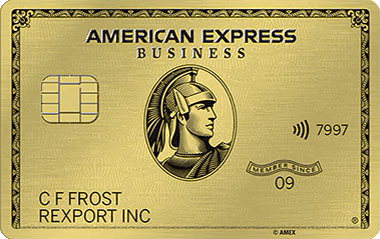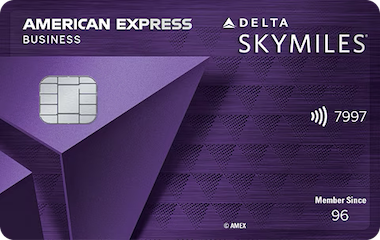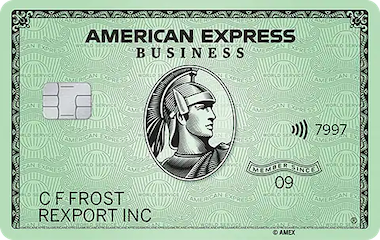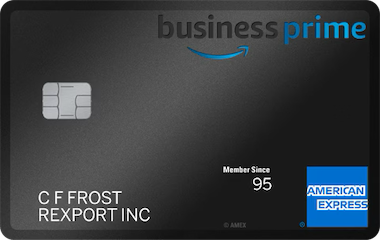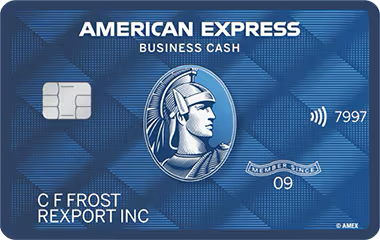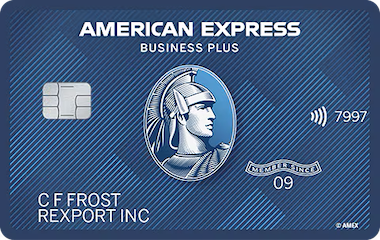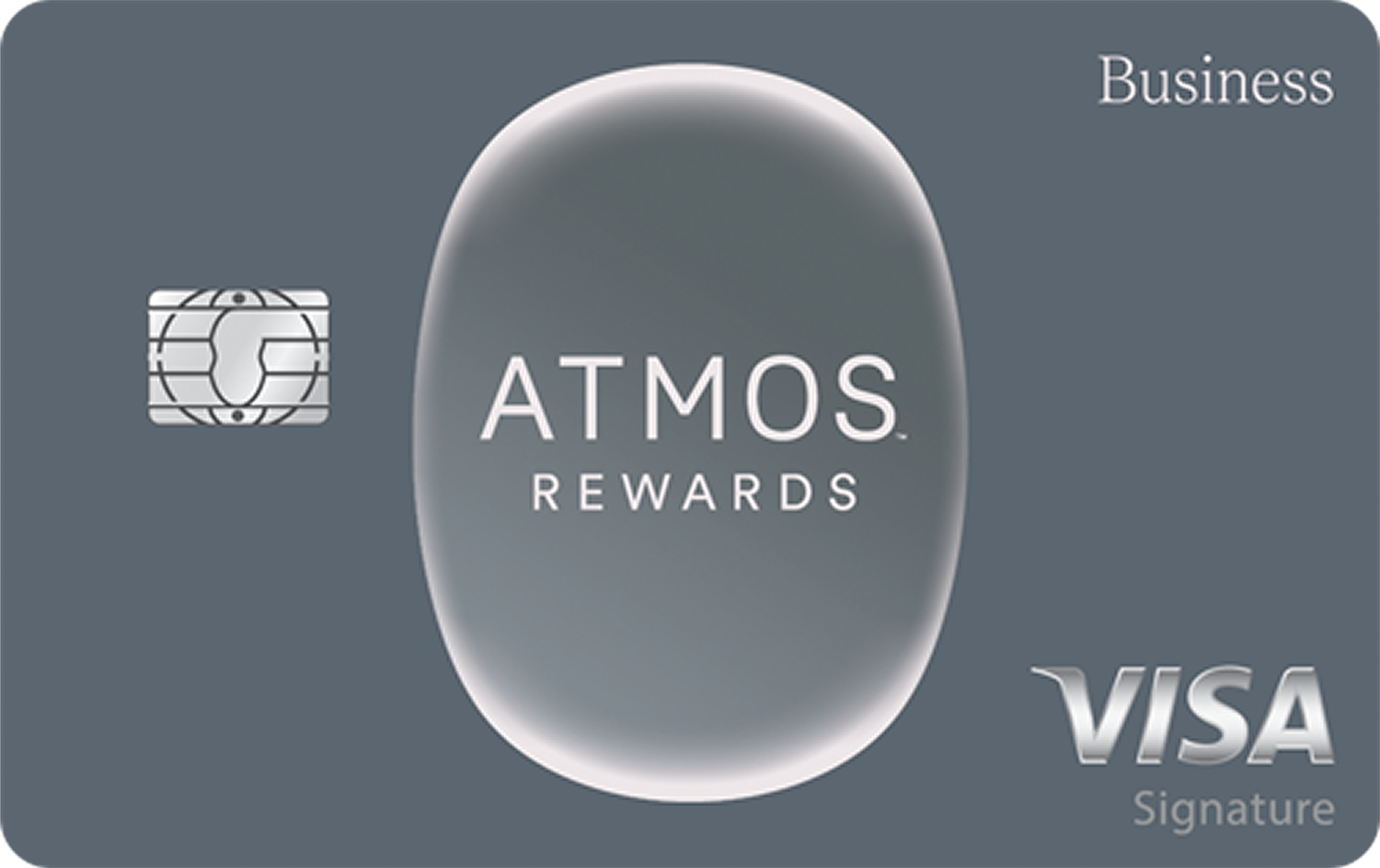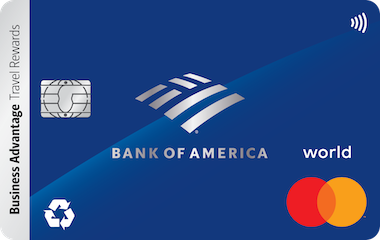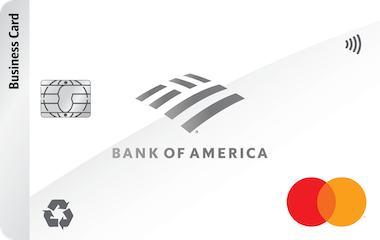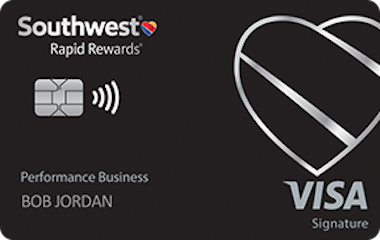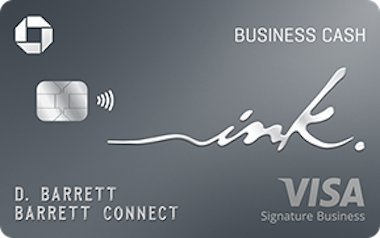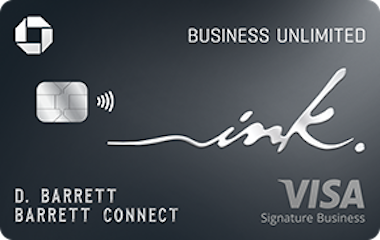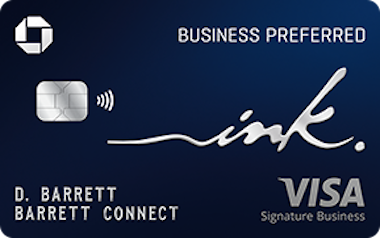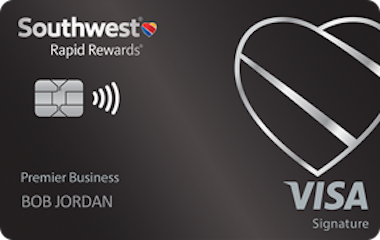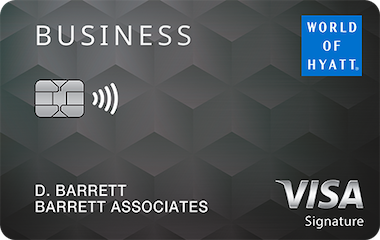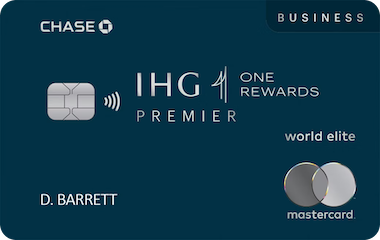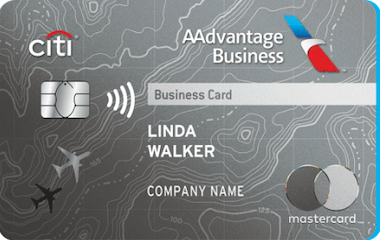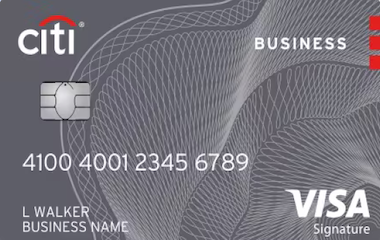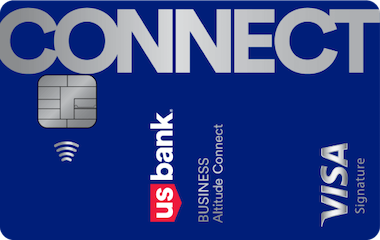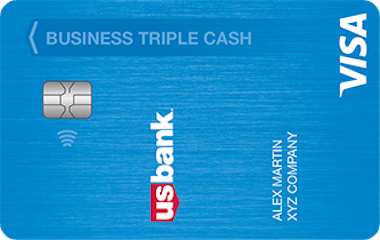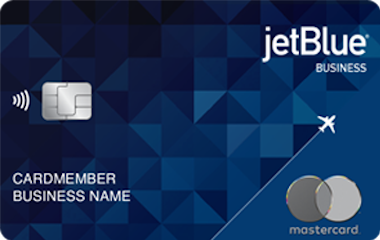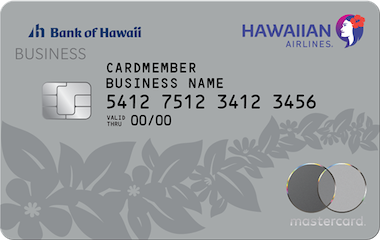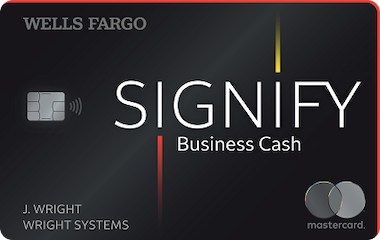Approval Rules No CR
This business card will not show on your personal credit report, so it won't count against your 5/24 status
Deep Dive into the No CR Rule
Nearly all business cards do NOT count against your 5/24 limit. Which is a good thing! Getting cards that do not count against 5/24 is as much a guideline as a rule. Understanding this "rule" is a life changer in collecting points. If you have even a small side business, your opportunity can spike from 5 top-tier cards every 2 years... to 10-plus top-tier cards. That's a big deal. If you qualify for business cards, our general advice is to keep your personal card count at 4/24. And you can continue to get business cards from Chase, American Express, Citi, and U.S. Bank. They won't count towards your 5/24, or any other personal credit related rules. Check out more on that strategy here >
Who can get a business card?
Chances are you are eligible for a business card and don’t even realize it. It’s not necessary to have a traditional, brick and mortar business to be able to qualify for a business credit card. Any side job or side hustle are businesses. Selling anything on Marketplace or Ebay, having garage sales, making and selling jewelry on Etsy or at a local farmer’s market, mowing lawns, babysitting - all are side jobs that would qualify for a business credit card.
Related Rules
How Does This Affect Your Credit Card Strategy?
This rule makes a massive impact on your credit card strategy. Opening up business cards allows you to blow past 5 cards in a 24 month period without impacting your personal, 5/24 status and breaking that all important rule.
Before you start applying for business cards, we recommend you get to 4/24 with personal cards first. We recommend doing this because you want to start the clock on the most important cards and then be able to keep rolling with new cards and new signup bonuses. The best plan is to always be working towards a signup bonus on a new card. This makes it important to have a strategy and idea of which card you will apply for next before meeting the welcome offer spending requirement on whatever card you are currently working on.
Example strategy
Let’s look at the following hypothetical scenario:
Timeline:
- March, 2023: Approved for Chase Sapphire Reserve
- June, 2023: Approved for Capital One Venture X
- September, 2023: Approved for World of Hyatt
- January 2024: Approved for Citi American Airlines AAdvantage Platinum
Important to know:
Chase Sapphire has a rule that states you are only eligible for a signup bonus on one of their Sapphire cards (Preferred or Reserve) once every 48 months (called the Sapphire 1/48 rule). Always having one of these two cards is essential for your overall strategy because each allows you to hold Chase Ultimate Rewards points, which are the most important in the points and miles hobby. Choosing one of these cards as your first card in the hobby is recommended so you can start both your 48 month clock for Sapphire cards and start the clock on the first card in your 5/24 status. Moving on to other personal cards also keeps that clock moving, which pays off down the line.
After being approved for the final card, the Citi American Airlines card, you would be at 4/24, so you still have one spot if you need one. By utilizing business cards, though, you don’t have to take up that final spot, and you can apply for 3-4 business cards over the course of the next year while waiting for that Chase Sapphire to fall off your 5/24 in March 2025.
Timeline:
- March, 2024: Approved for Chase Ink Business Cash
- June, 2024: Approved for Chase Ink Business Preferred
- September, 2024: Approved for American Express Business Gold
- January 2025: Approved for American Airlines Citi Business
Important to know:
By the time you meet the spend on that final card, the AA Citi Business card, it will be around March or April 2025, and the first card you applied for, the Chase Sapphire Reserve card, will have fallen off. So you’ll be at 3/24, which means you have two open spots. By June, the Capital One Venture X card will also fall off, so you can add another spot. By this point you’ll have the flexibility to apply for both personal and business cards, choosing what is right for you depending on your own personal goals. This will allow you to always stay at or around 4/24. You’ll always be working on a new signup bonus, as that is the quickest way to earn points, and you’ll never max out your 5/24.
Importance of this Rule
* * * *
Next to the 5/24 rule, this may be the most important “rule” to be aware of. Knowing most business cards don’t count against your 5/24 status allows you to supercharge your points collection. Many people can meet the spending requirements on most cards’ signup bonuses within 3-4 months. We recommend always working towards a welcome offer. By mixing business cards in with personal cards, you’ll never go over your 5/24 status, and you’ll always be spending on a new card to earn a signup bonus.
Cards Subject to This Rule
FAQs
Are there exceptions to this rule?
Yes. Capital One has quite a few business cards, and all but two get reported to personal credit bureaus and will count against your 5/24. The Capital One Venture X Business and the Capital One Spark 2% Cash Plus cards are the exceptions that do NOT count against your 5/24 status. So feel free to add either of these to the list of possible business cards to get. Treat all other Capital One business cards just like you would a personal card. Business cards from Discover also get reported to personal credit bureaus, so they will count against your 5/24 as well. We don’t generally recommend Discover cards, so this most likely won’t even come into play for you.
How do I check my status?
While it’s always important to keep track of the cards you open, close, and downgrade, this rule means that tracking the timing of business cards isn’t as important. We still recommend keeping track of everything, though, as it gets overwhelming the longer you’re in the hobby. You want to make sure nothing slips through the cracks. We can help with that! By entering all your cards into the Points Navigator, we can keep track of all this information for you, and we’ll alert you if you trip one of the many rules out there.
Do business cards count for this rule?
You can see which business cards do count against your 5/24 in the “Are there exceptions to this rule?” question above, but the vast majority of business cards do not count against your 5/24, which is the definition of this rule.
Do product changes on existing cards count for this rule?
No. You can’t downgrade or change from a personal card to a business card, so it’s not really applicable to this rule. Even if you downgrade from a business card that charges a fee to a business card that doesn’t, the fact that business cards don’t count against your 5/24 makes it a moot point.
About Approval Rules
Collecting credit card points is largely driven by understanding and abiding by bank rules regarding approval (or disapproval) of cards. So here's what you need to know:
- Approval rules are rarely fully publicized by the banks
- We use our own research and data points from other users in creating the rules listing
- Our goal in sharing/using the rule listings is to provide you guidance to avoid getting declined
- There can sometimes be exceptions to the rules, but we try to take a more cautious approach in advising you.



